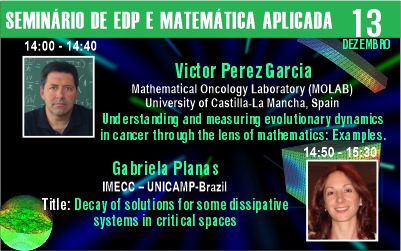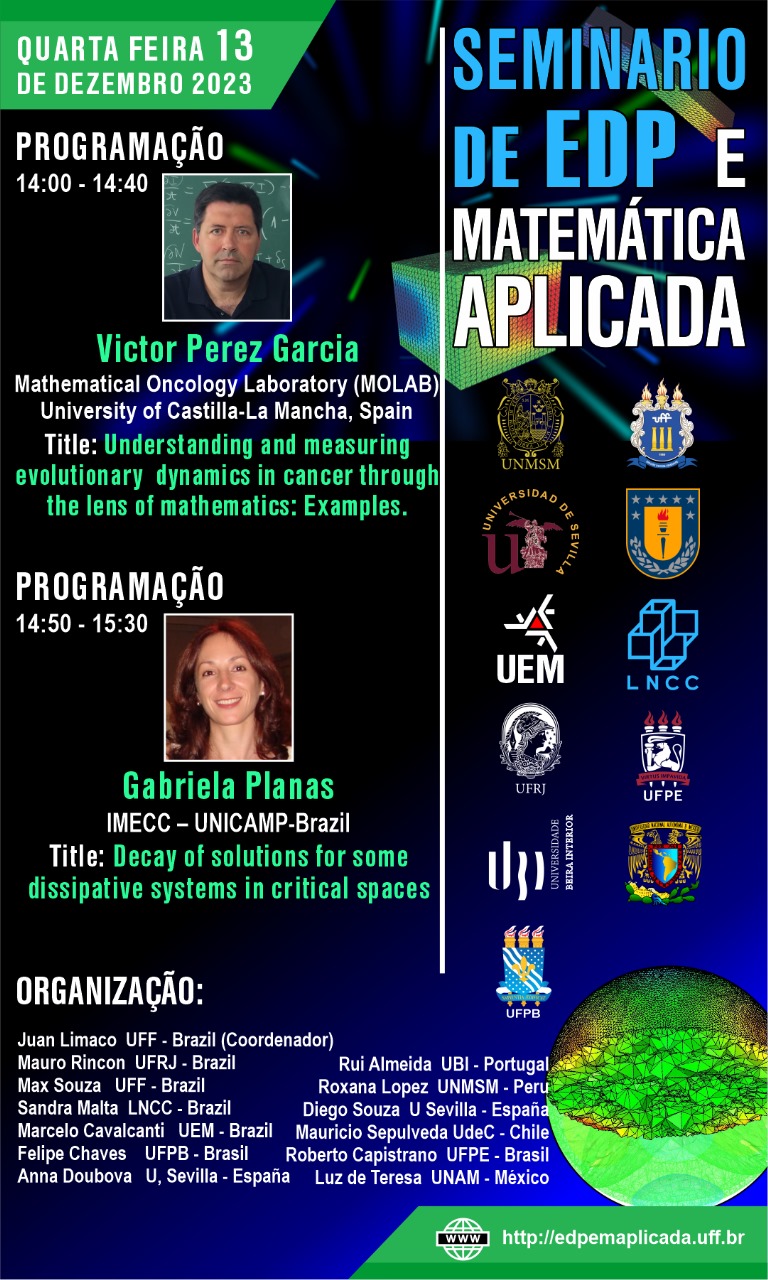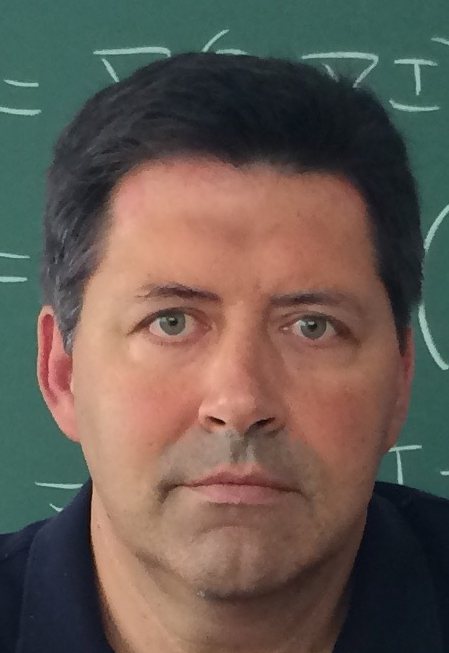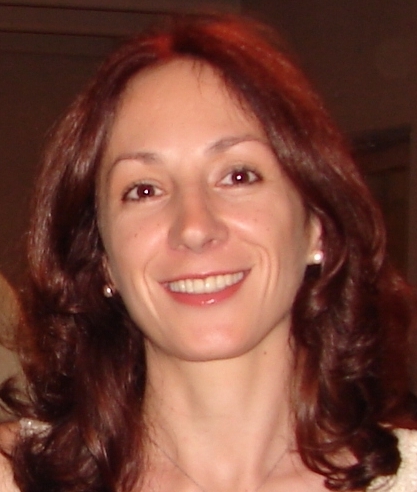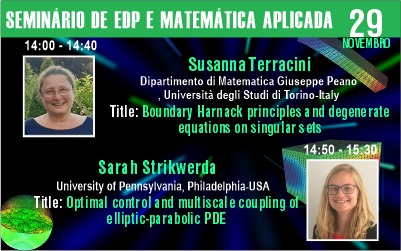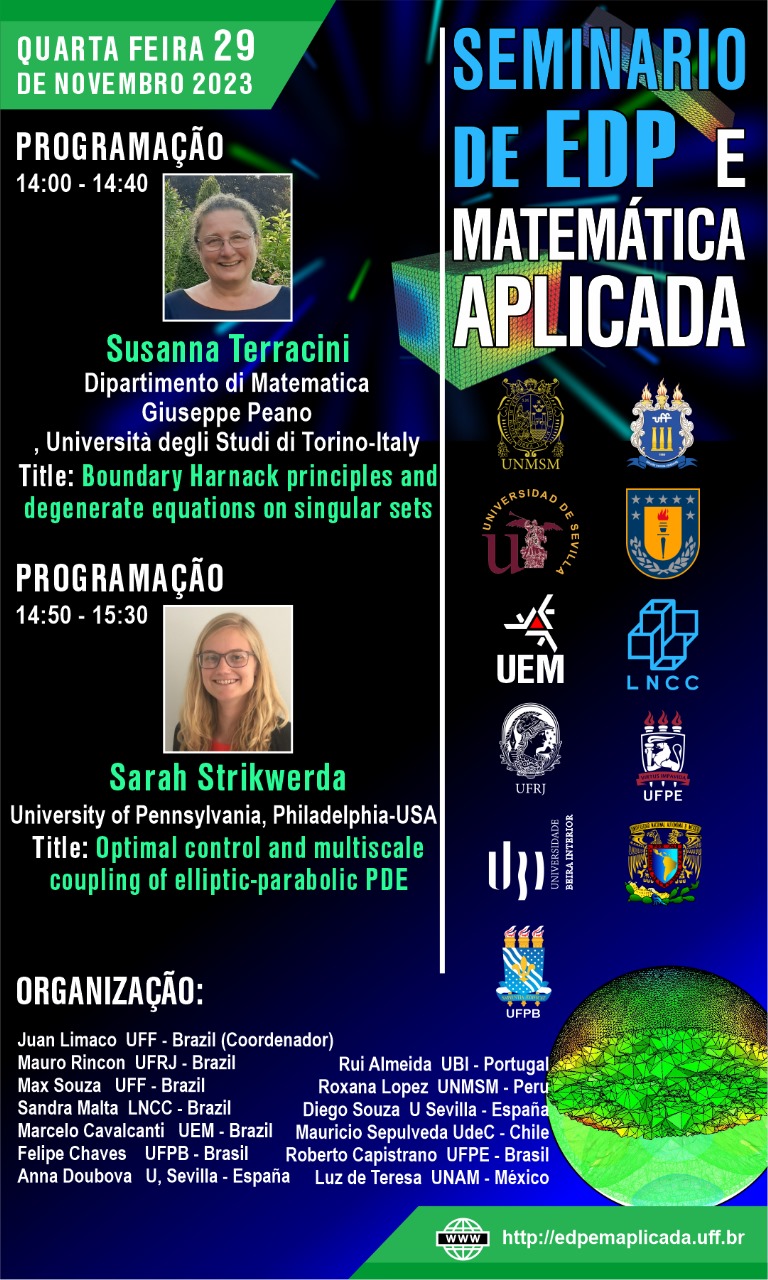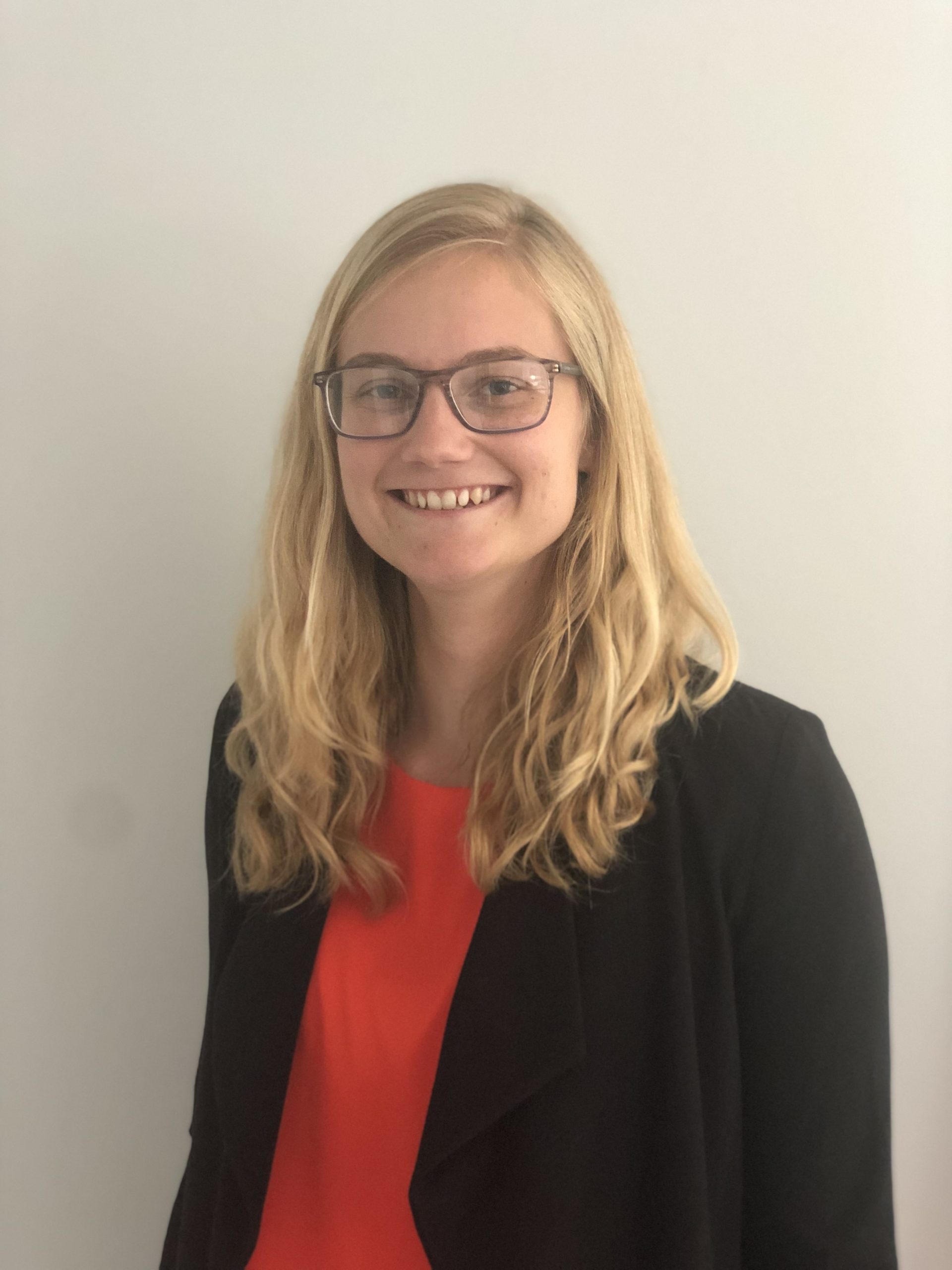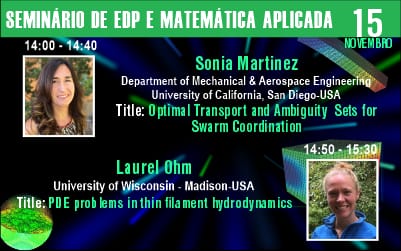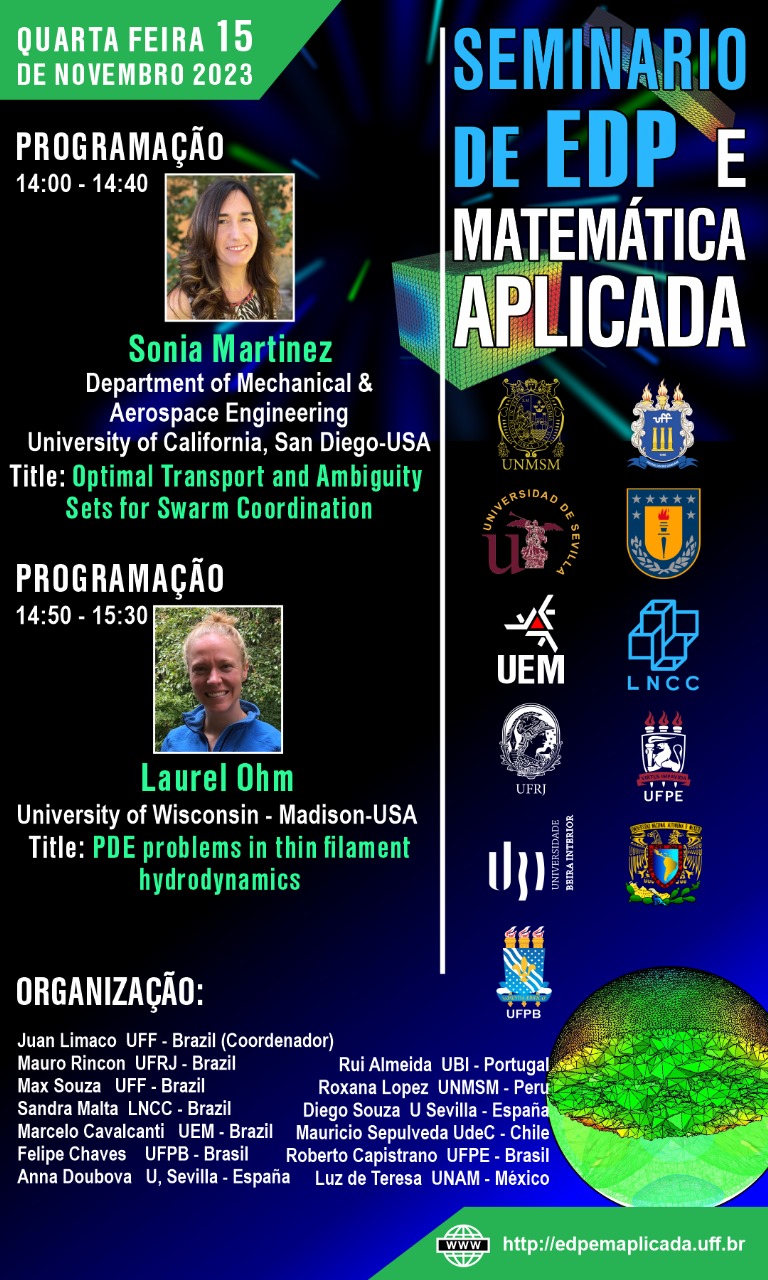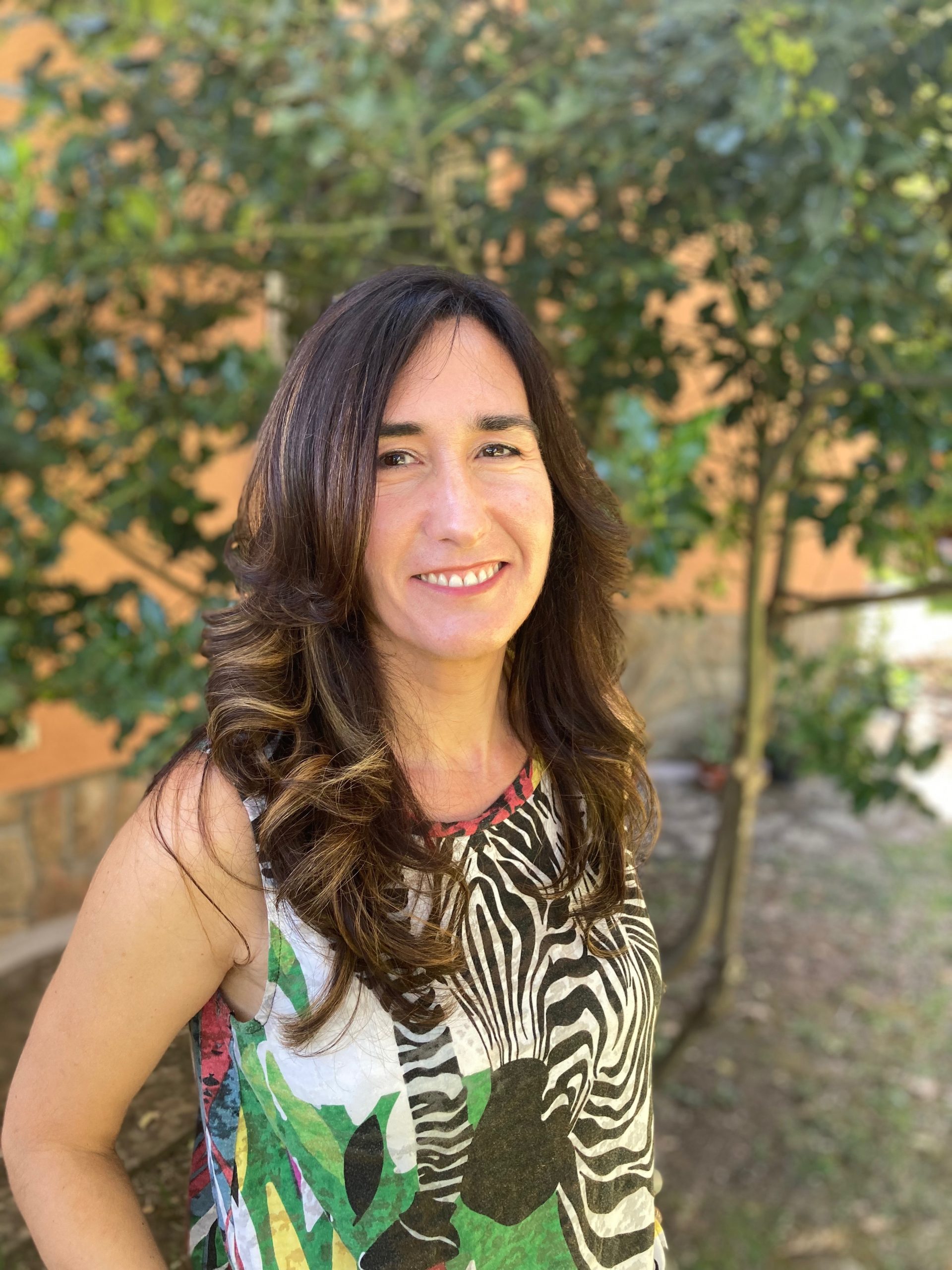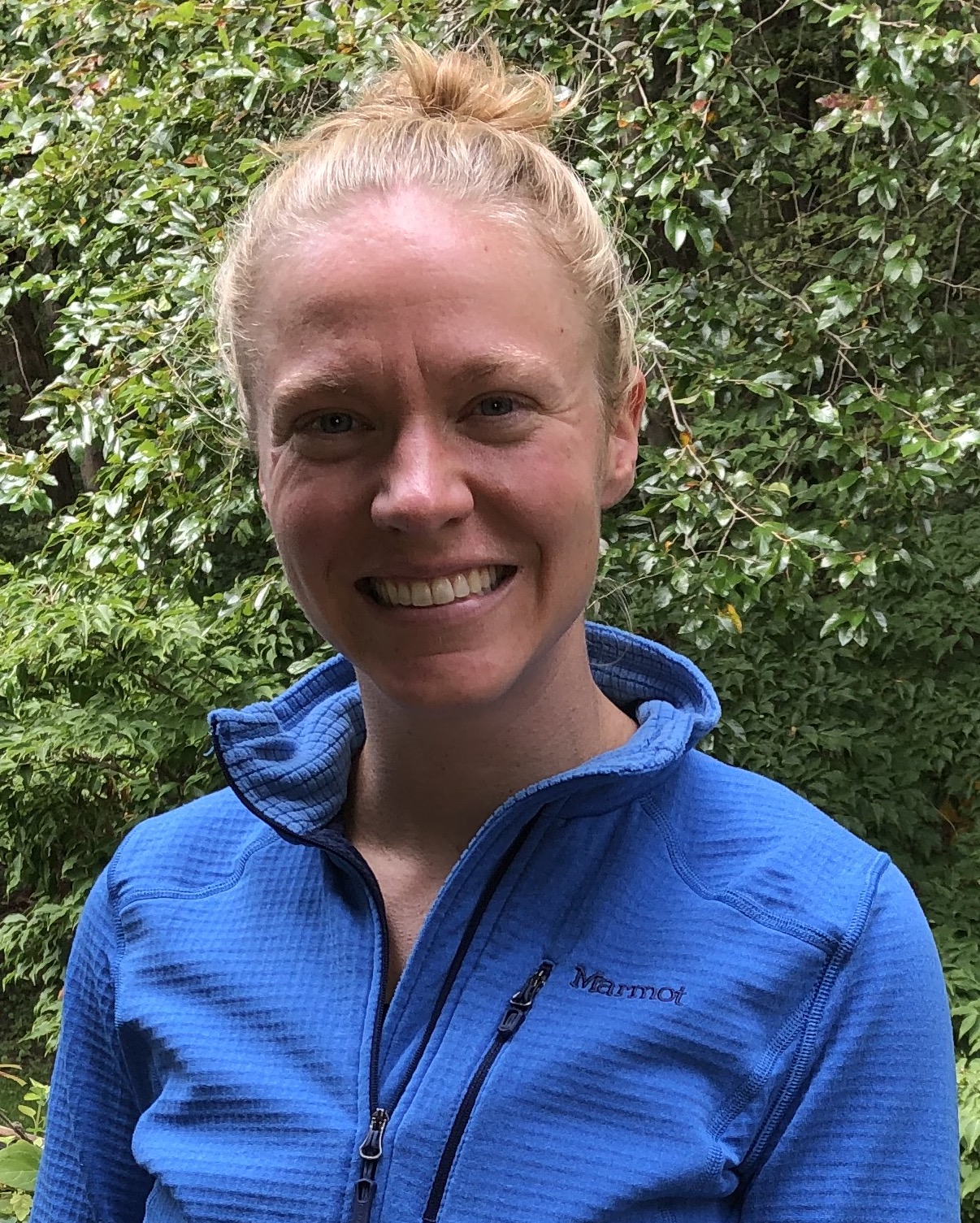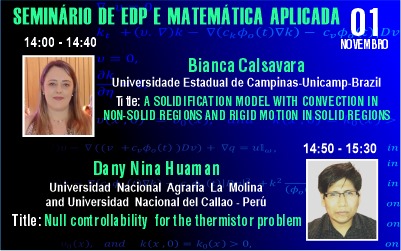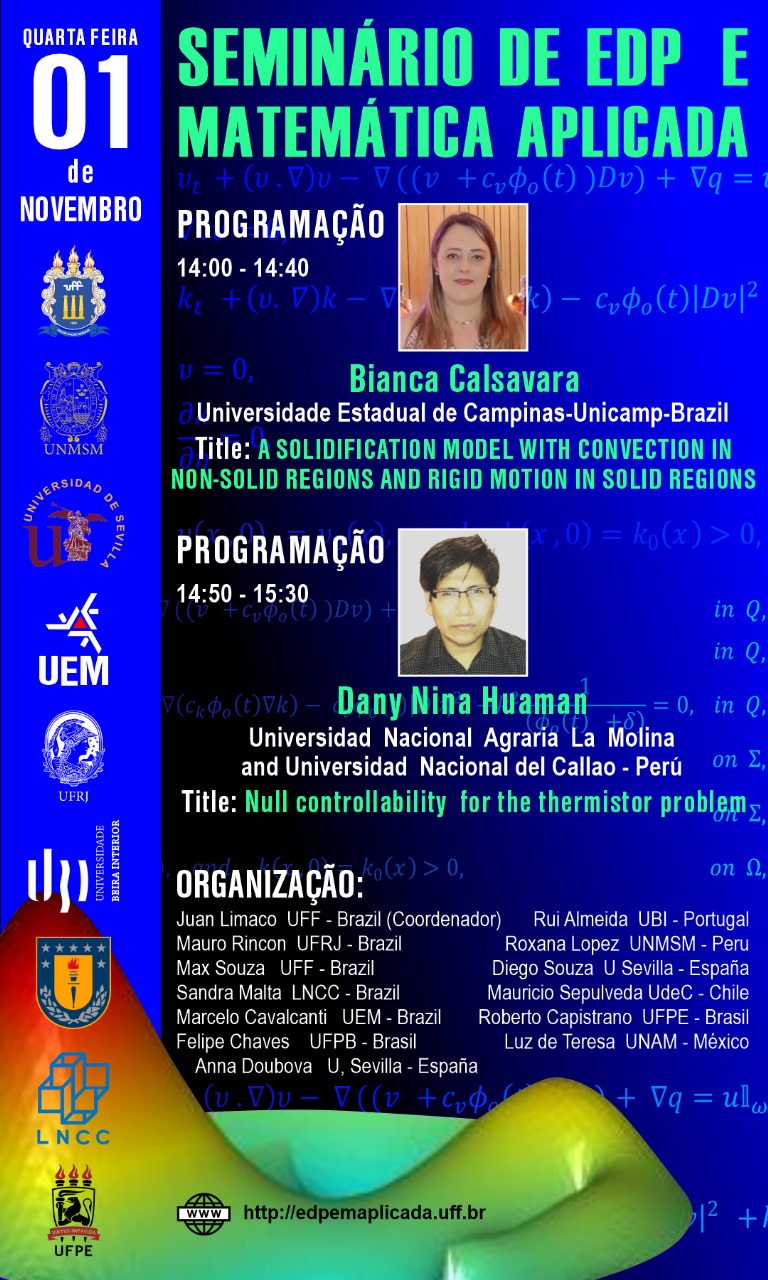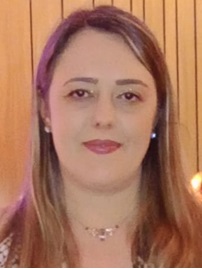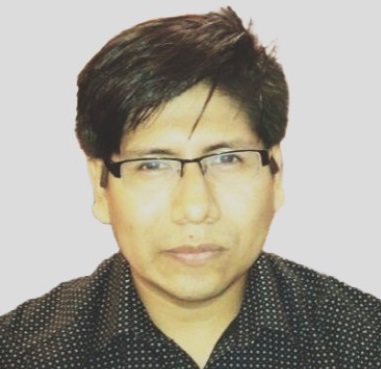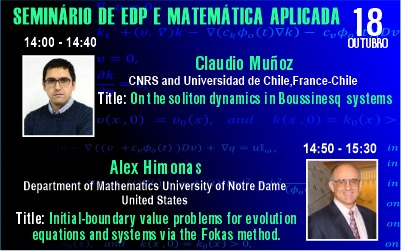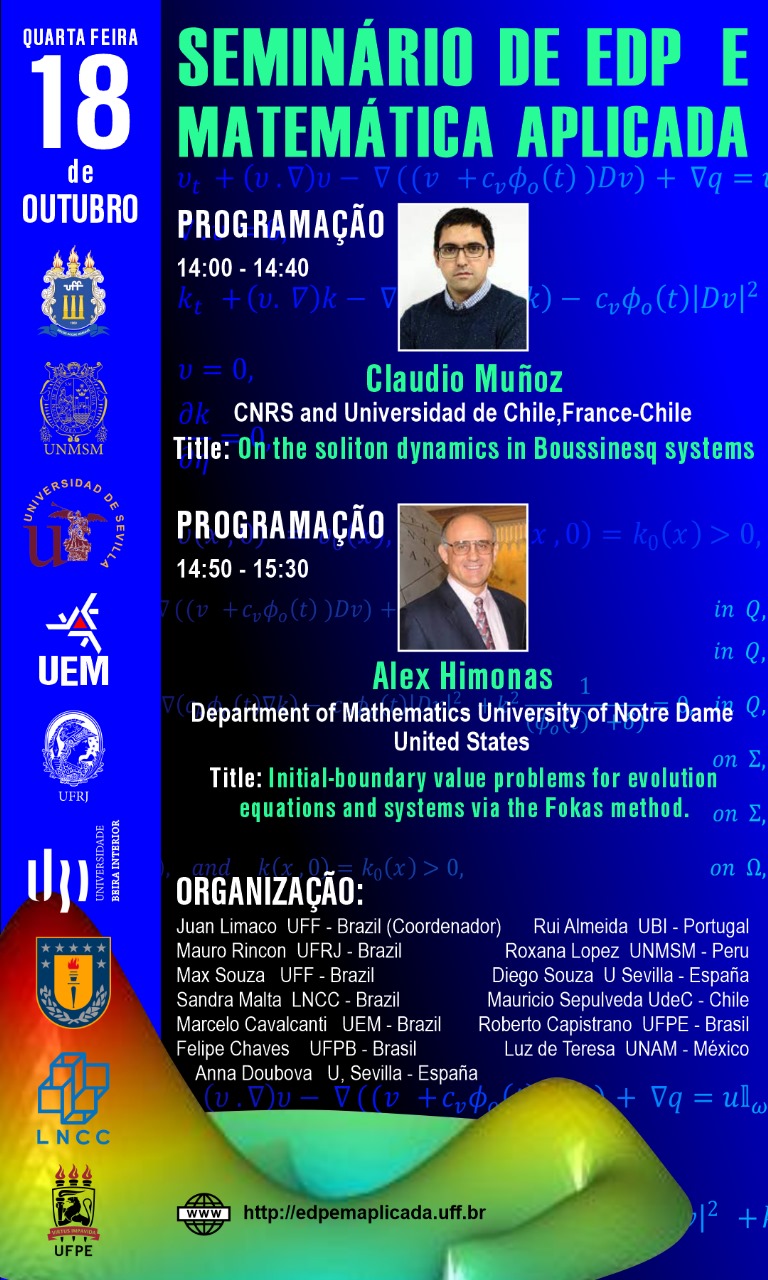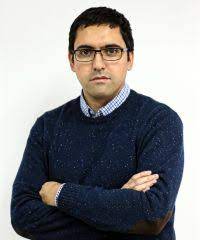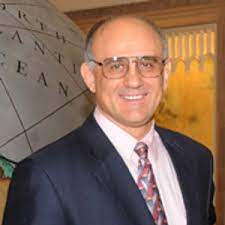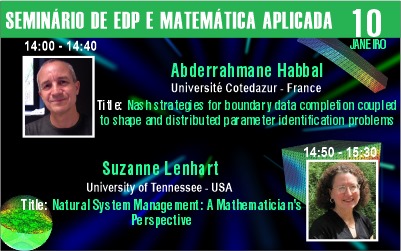
Seminar January 10 of 2024
Seminar in EDP and Applied Mathematics
January 10 of 2024 – 14h (Brazil)
Streaming: Youtube Channel | SEMINARIO DE EDP E MATEMATICA APLICADA
Event
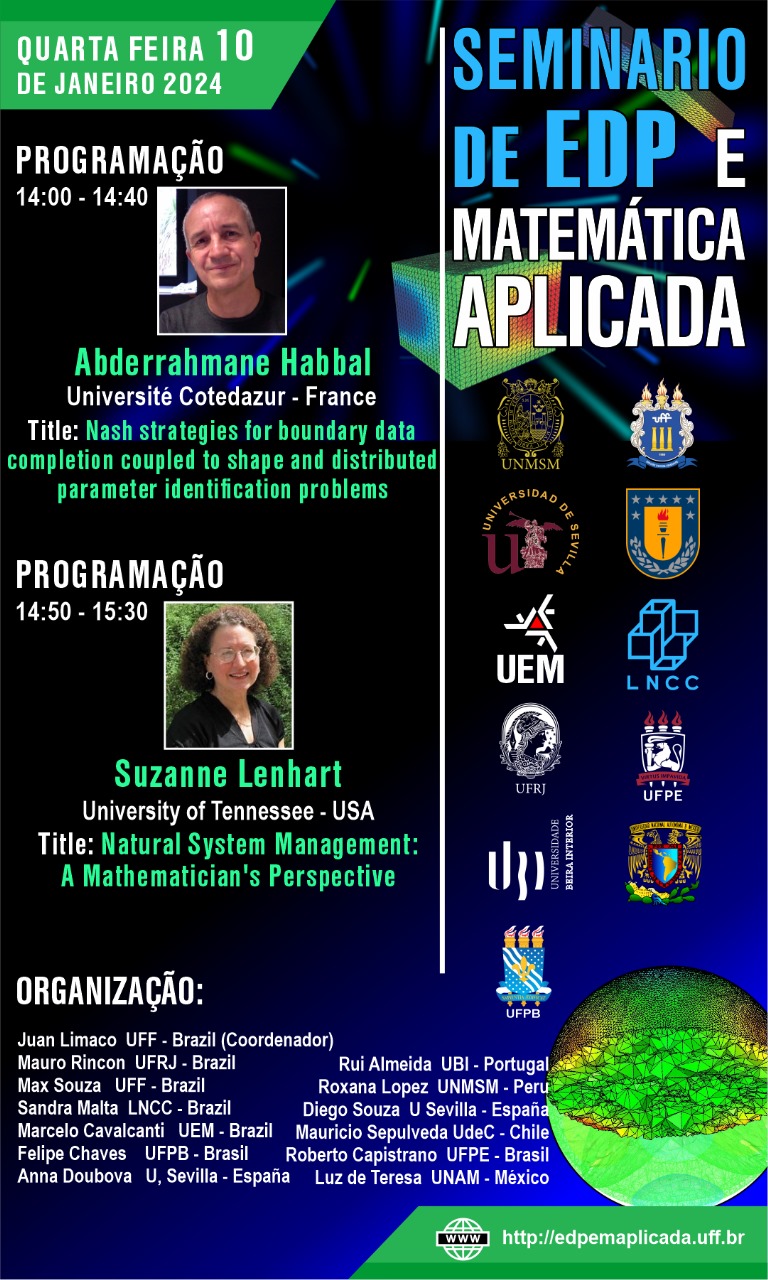
About Seminars
Our Online Seminar is one of the most important events in Brazil, it has been held since August 2020, every Wednesday at 2 pm, Brasília time, with a frequency of 14 days. Two 40-minute lectures are presented in each session. Our speakers are world-renowned mathematicians from Europe, the United States and South America.
Featured Talks & Speakers
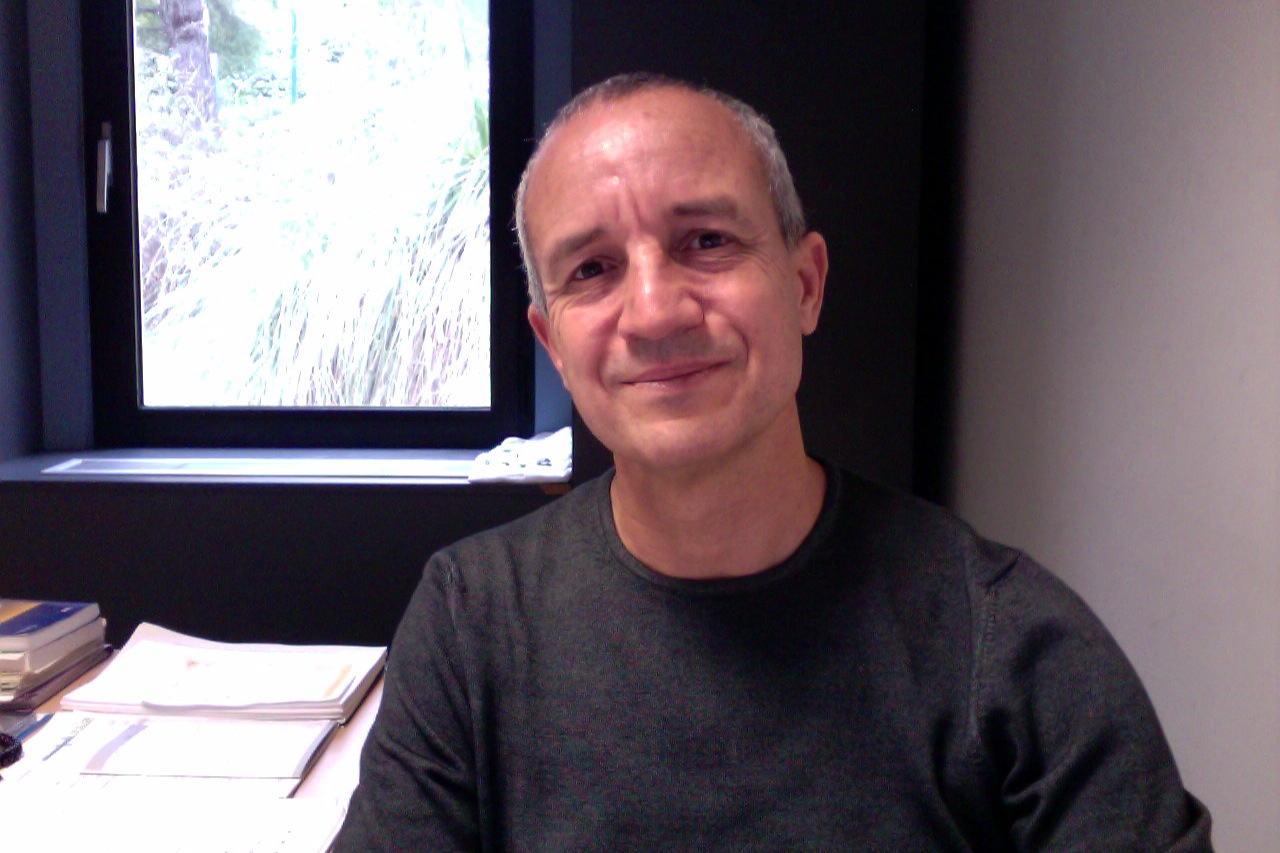
Abderrahmane Habbal
Université Cotedazur-France
14:00h – 14:40h
Nash strategies for boundary data completion coupled to shape and distribuited parameter identification problems
Inverse problems such as data recovery, obstacle detection, or the identification of coefficients in distributed systems are known to be severely ill-posed in the sense of Hadamard, and a major effort of current research in this field focuses on the development and study of efficient and stable algorithms. In this talk, not very far from the well-trodden paths of regularization and decomposition, we investigate the capabilities of game theory in addressing such problems. We show how this formalism is used to design original and effective algorithms for the numerical solution of these problems, including those that were previously inaccessible due to the lack of an ad hoc formulation which accounts for the coupling of ill-posed inverse problems. This work is based on approaches developed in [1, 2, 3, 4].
[1] Ouni, Marwa, Abderrahmane Habbal, and Moez Kallel.
A three-player Nash game for point-wise source identification in Cauchy–Stokes problems.
Journal of Computational and Applied Mathematics 417 (2023): 114613.
[2] Chamekh, R., Habbal, A., Kallel, M. and Zemzemi, N.
A Nash game algorithm for the solution of coupled conductivity identification and data completion in cardiac electrophysiology,
Mathematical Modelling of Natural Phenomena 14, 2, February 2019, 15 pages.
[3] A. Habbal, M. Kallel, and M. Ouni,
Nash strategies for the inverse inclusion Cauchy-Stokes problem,
Inverse Problems and Imaging (IPI) 13 , 4, 2019, pp. 827-862.
[4] A. Habbal and M. Kallel.
Neumann-Dirichlet Nash strategies for the solution of elliptic Cauchy problems,
SIAM Journal on Control and Optimization, 2013, vol. 51, no 5, pp. 4066-4083.
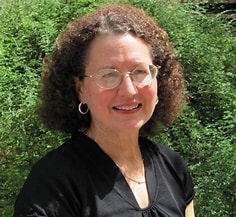
Suzanne Lenhart
University of Tennessee-USA
14:50h – 15:30h
Natural System Management: A Mathematician’s Perspective
Mathematical modeling can represent the population dynamics of a variety of natural systems. Specific management features can be included directly into the model framework, and model outcomes can suggest the need for external actions further affecting the environment. Models with discrete and continuous time steps, and some spatial features will be presented. In one example, optimal control techniques to design time varying harvest rates of anchovy stock will be illustrated in a food chain system of differential equations for the Turkish coast of the Black Sea, using landing data. In another example, we find the relationship between air temperature and emergence success of hatchlings across multiple nesting seasons to better understand the potential impact of climate change on Loggerhead sea turtle populations. We demonstrate the effect of changing hatchling emergence success on the juvenile and adult populations using a combination of a statistical model and a discrete time model (with two time scales).
About Organization
Juan Limaco – UFF – Brazil (Coordenador);
Mauro Rincon – UFRJ – Brazil
Max Souza – UFF – Brazil;
Sandra Malta – LNCC – Brazil
Marcelo Cavalcanti – UEM – Brazil;
Rui Almeida – UBI – Portugal
Roxana Lopez – UNMSM – Peru;
Diego Souza – U Sevilla – España;
Mauricio Sepulveda – UdeC – Chile;
Roberto Capistrano – UFPE – Brazil.
Our Partners
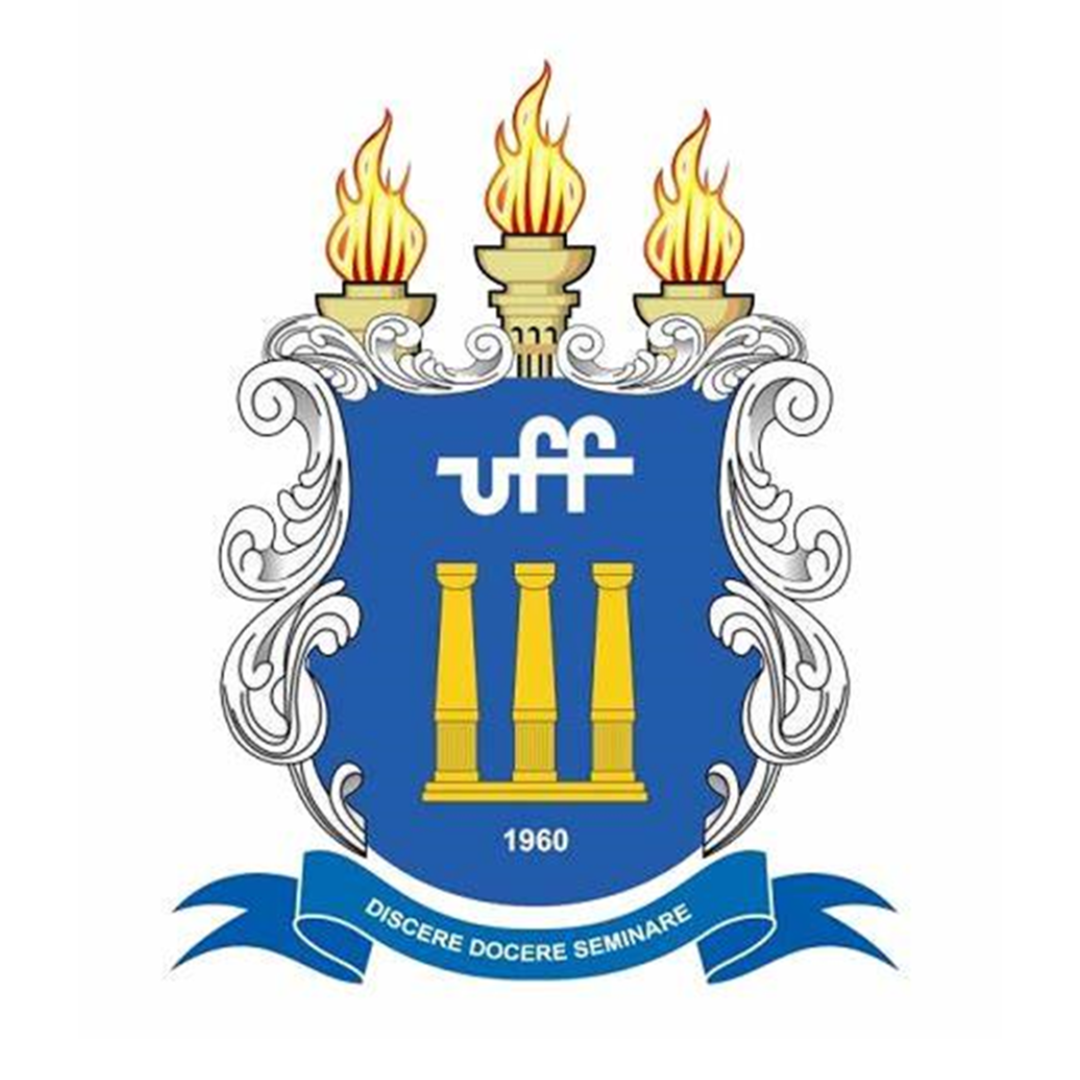
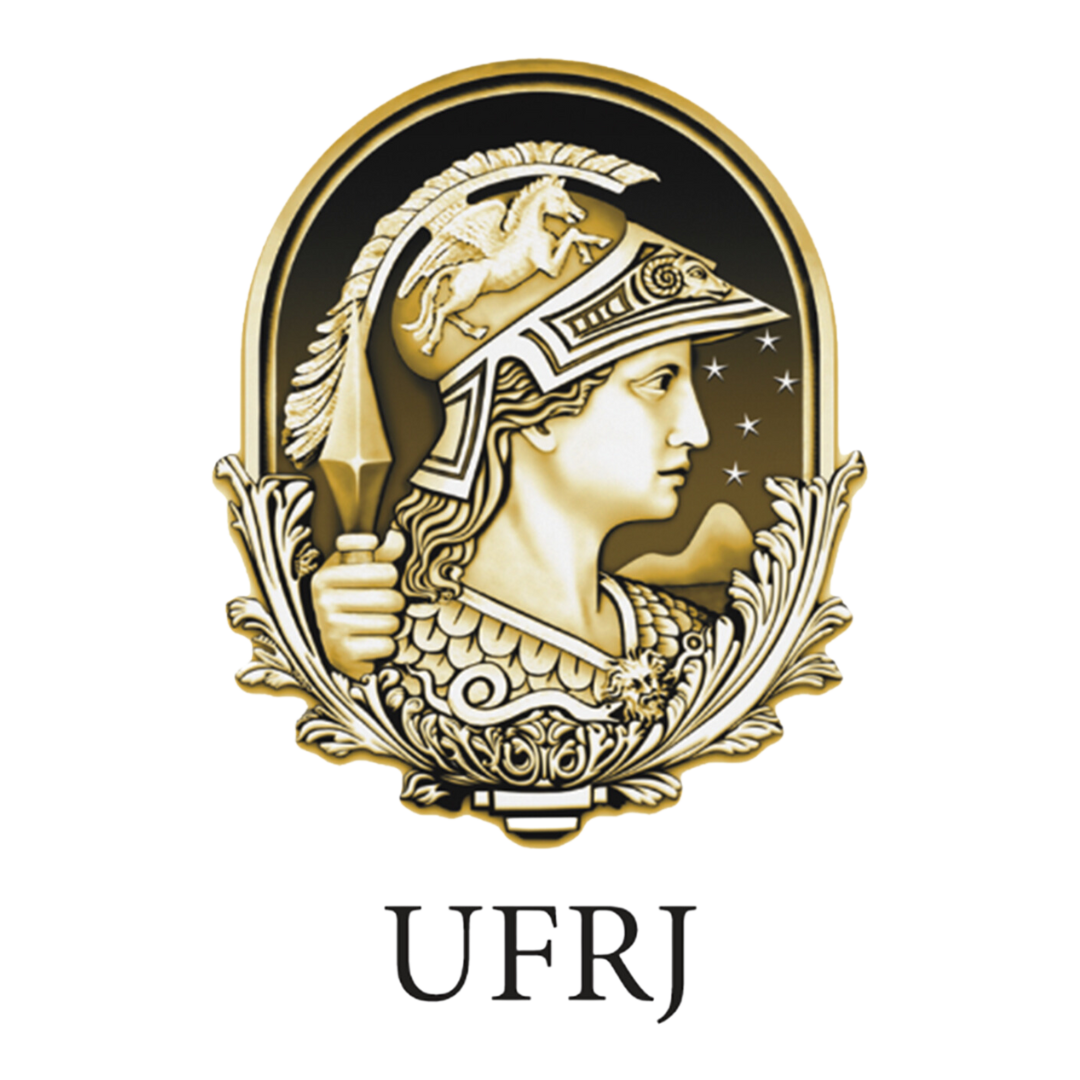
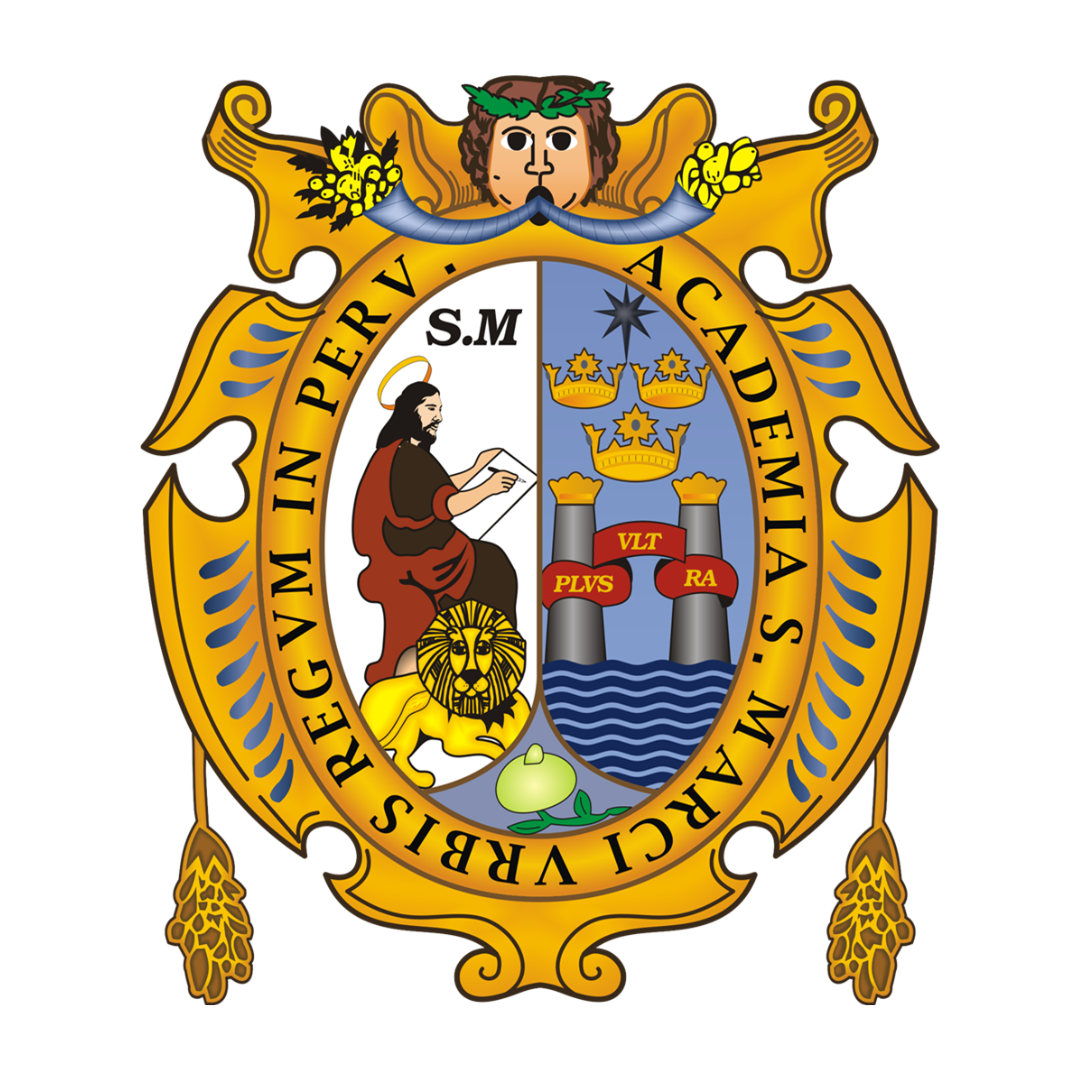

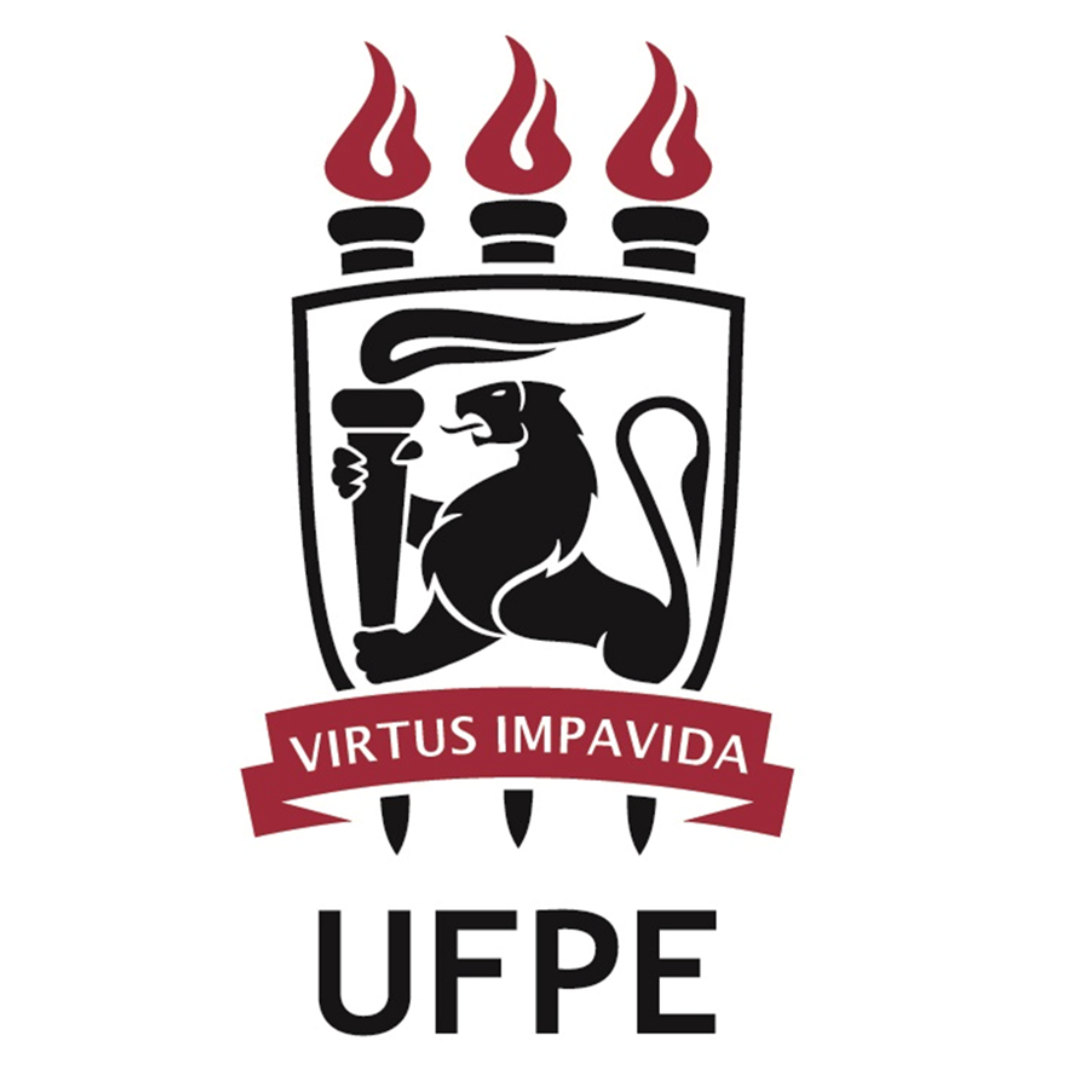
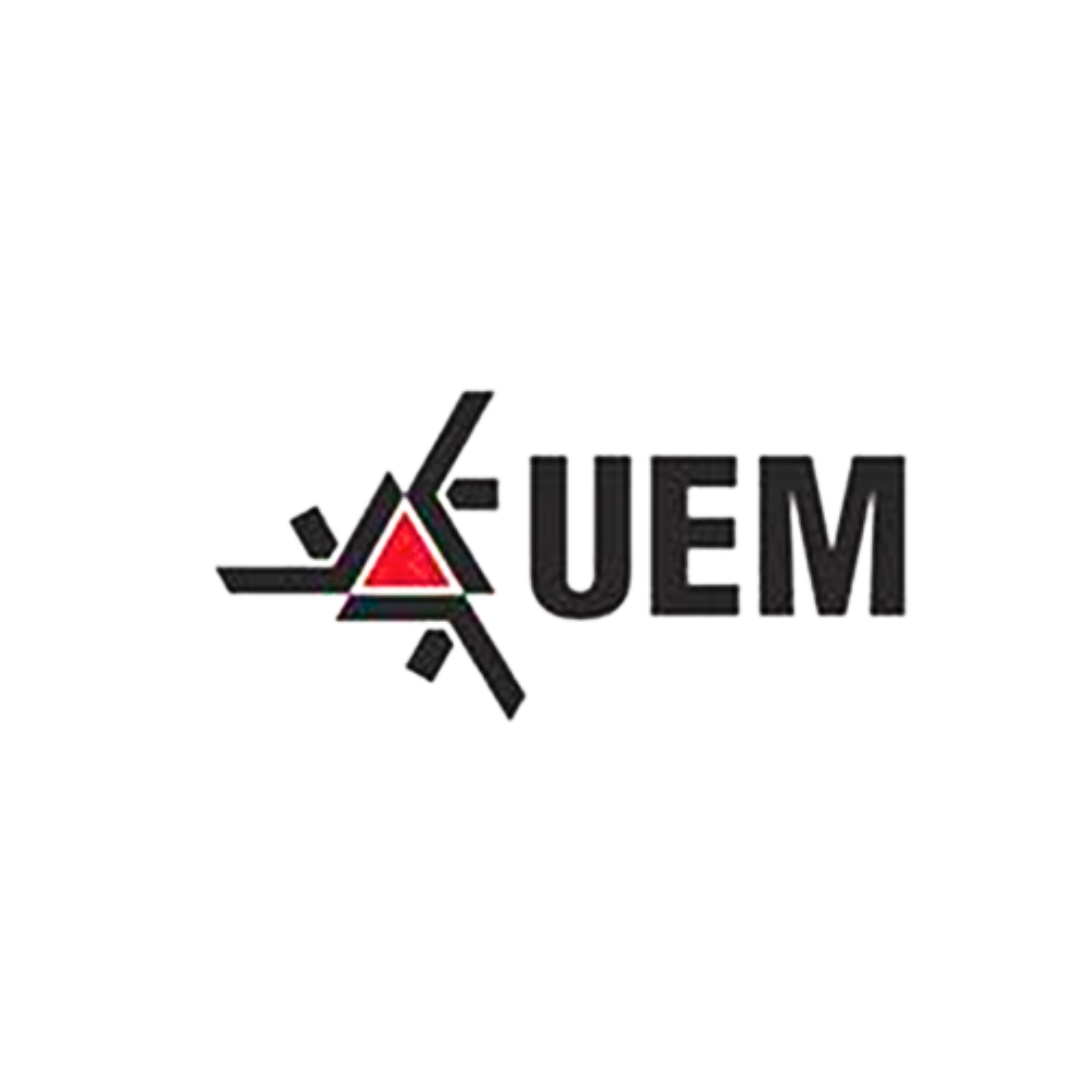
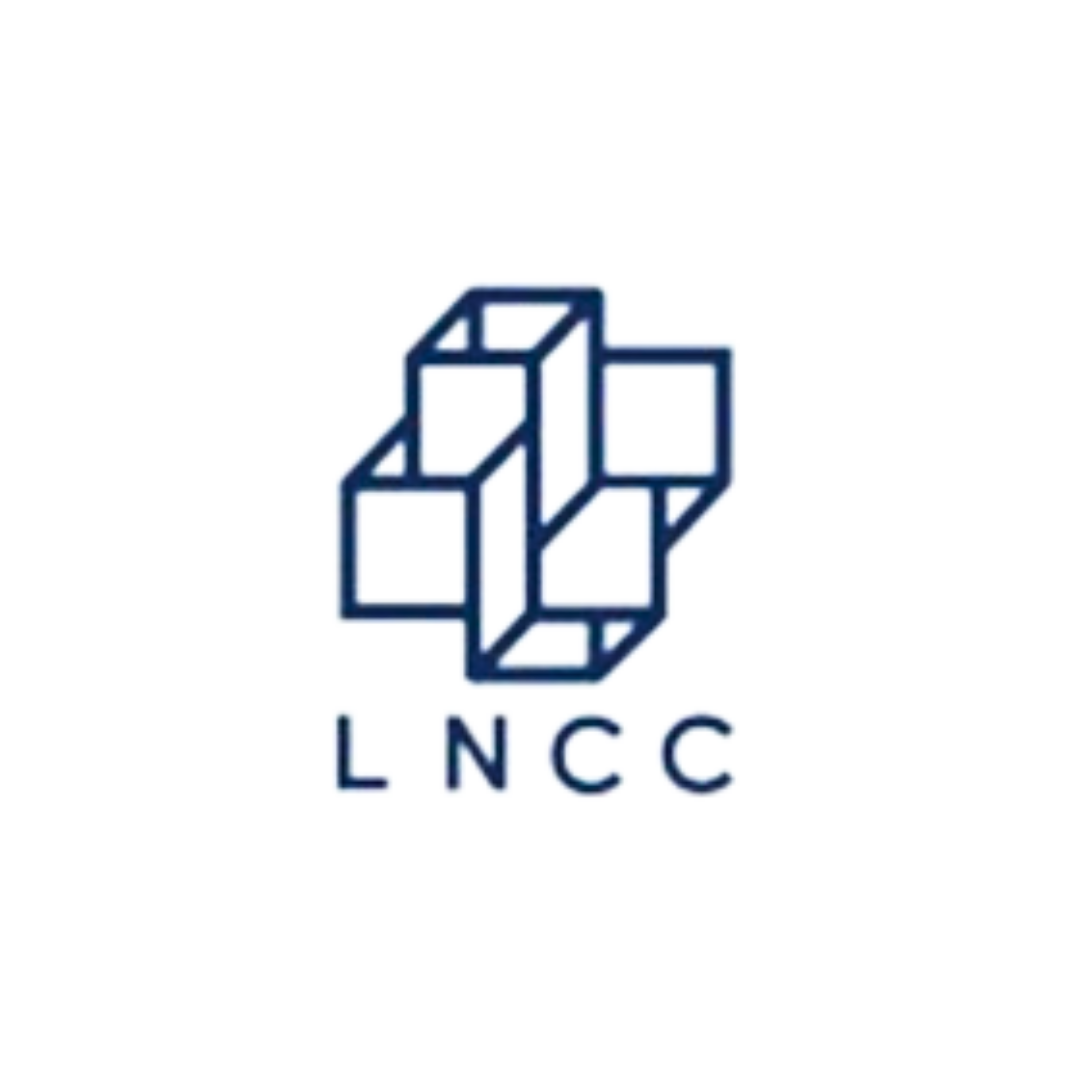
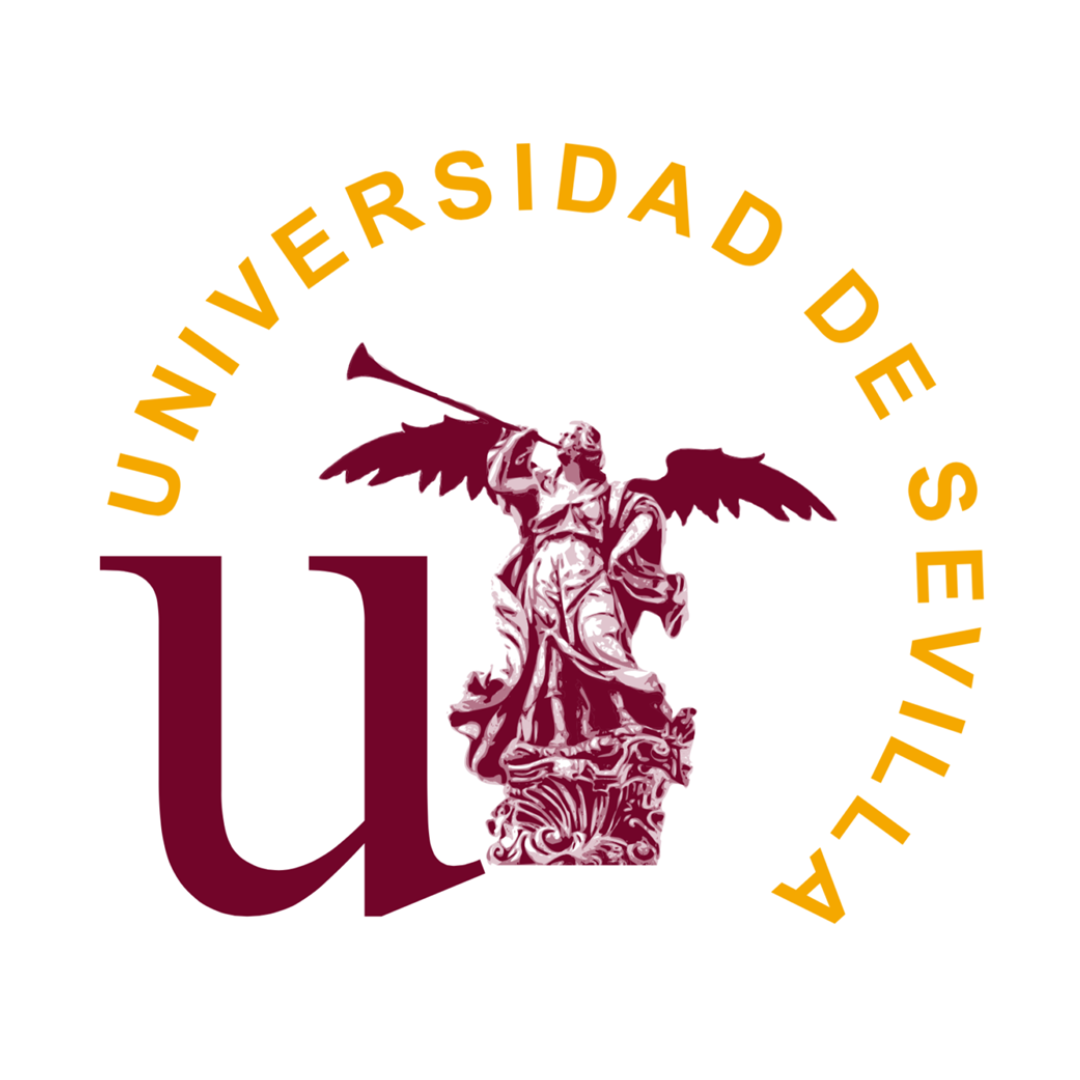
Access our channel!
A channel for students, professors, researchers and professionals who wish to deepen their knowledge in EDP and applied mathematics.

